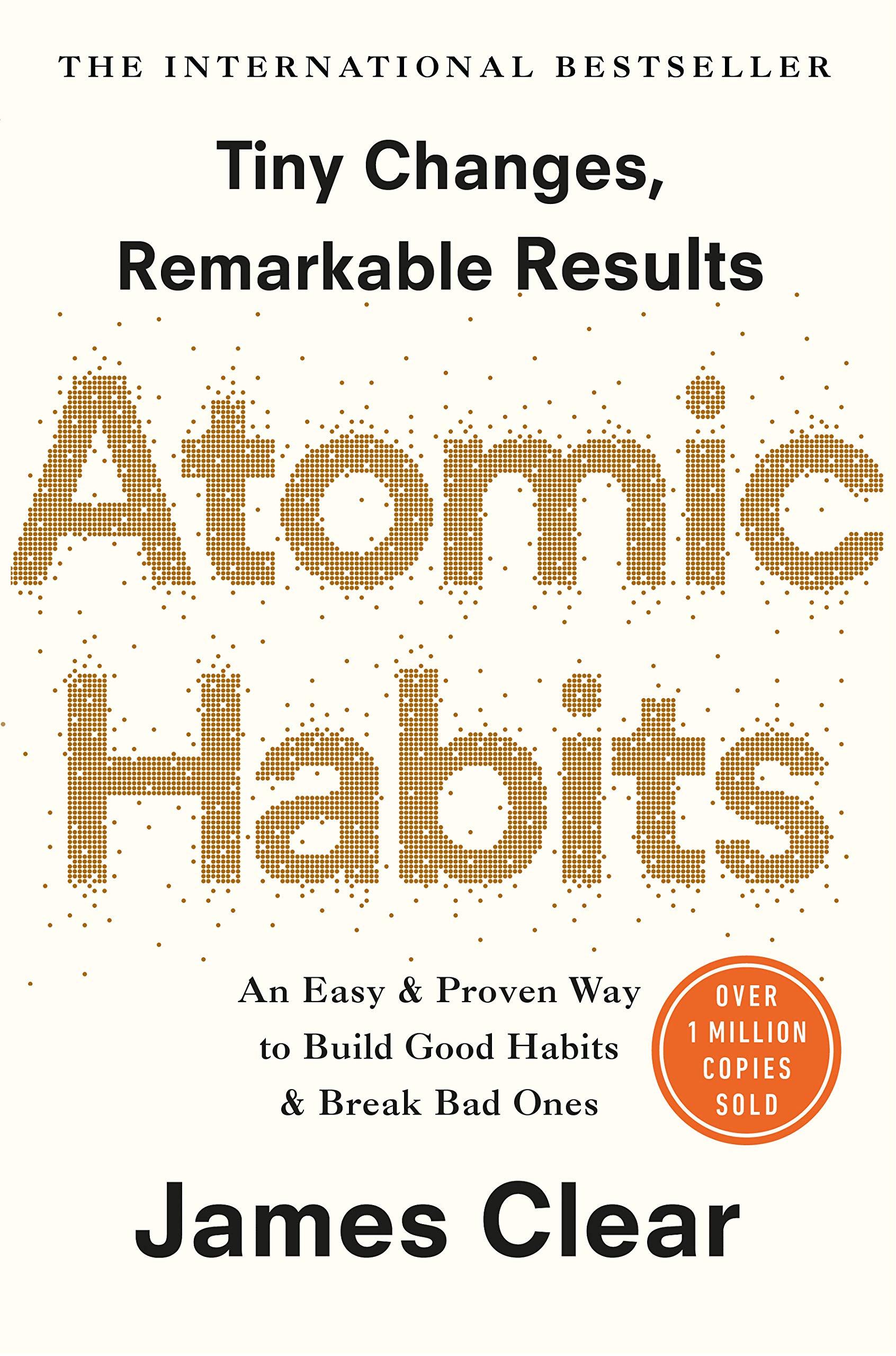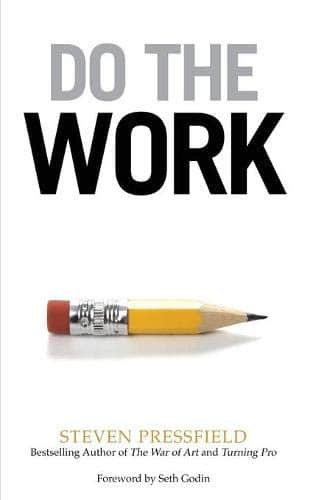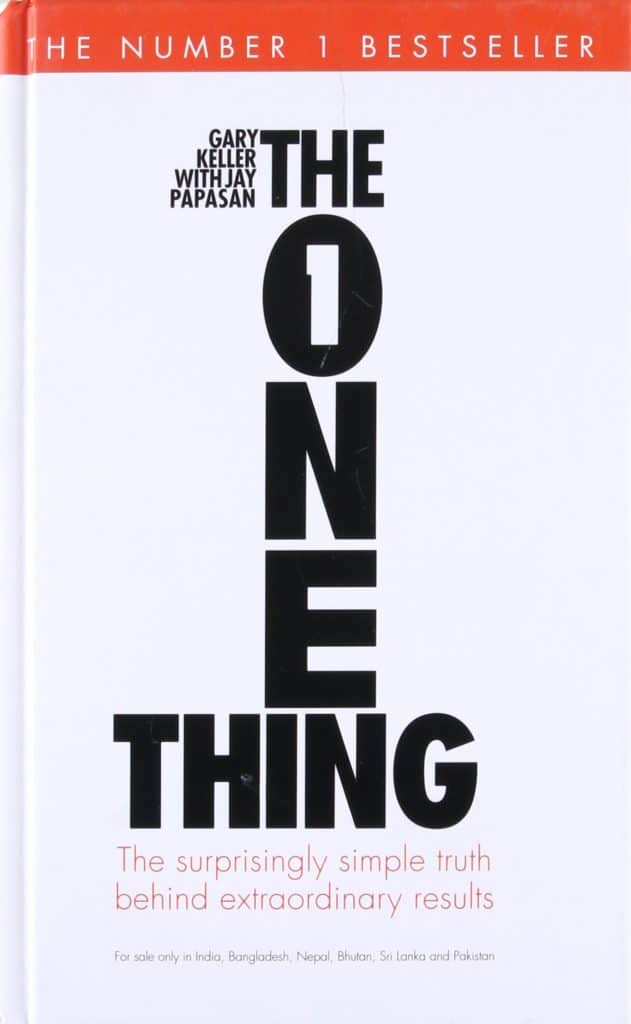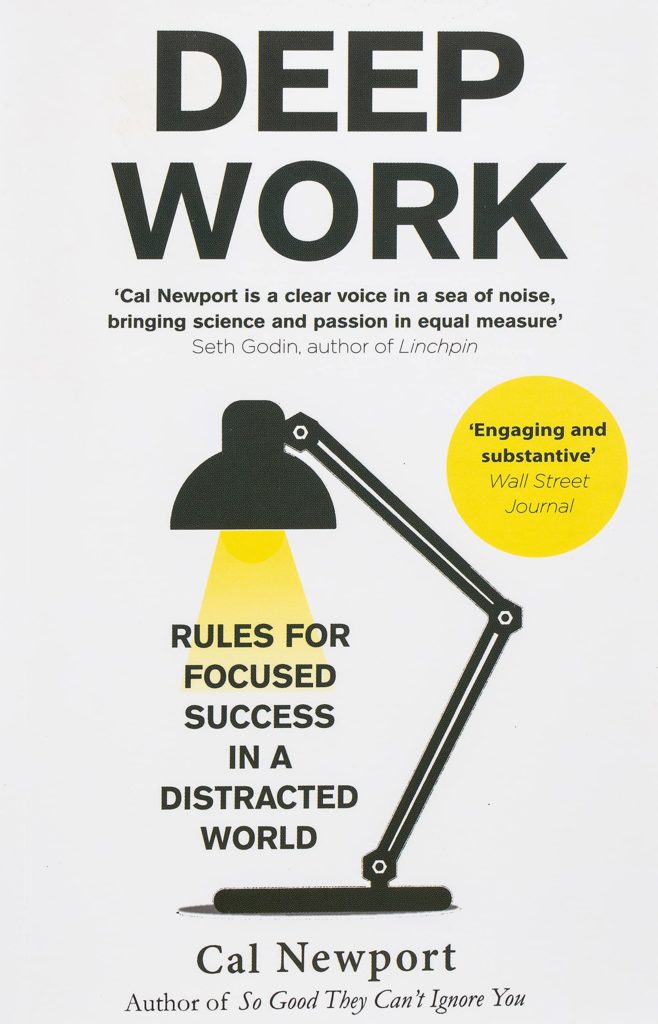This article lists the top 7 procrastination books that can help overcome laziness. There’s a good chance you have. Most individuals procrastinate on occasion. On a regular basis, on things that are extremely vital. The distinction between a true procrastinator and a “slip-up” procrastinator lies somewhere between the frequency of procrastination and the importance of the procrastinated task.
These procrastination books will explain what procrastination is and how to overcome laziness. They’ll also show you how to overcome procrastination and do more tasks in less time.
There are millions of books available, but we are far too sluggish to read all of them. Why don’t you start with these? Simple, effective, and thought-provoking.
1. Atomic Habits By James Clear
James Clear, a world-renowned habits expert, has discovered a simpler approach for changing your life. He understands that long-term change is the result of hundreds of small decisions, such as doing two push-ups a day, getting up five minutes earlier, or making a single short phone call. He refers to them as atomic habits.

Clear demonstrates how these small modifications can help you improve by 1% every day in this groundbreaking book. He goes into cutting-edge psychology and neuroscience to explain why a handful of easy life hacks (the forgotten art of Habit Stacking, the unexpected impact of the Two Minute Rule, or the technique to accessing the Goldilocks Zone) are important. Along the way, he shares motivational anecdotes about Olympic gold medalists, CEOs, and renowned scientists who have embraced the science of little habits to stay productive, inspired, and happy.
These tiny adjustments will have a huge impact on your job, relationships, and life.
2. Do The Work By Steven Pressfield
Do the Work is a nonfiction book authored by American author Steven Pressfield that was published in 2011. It is a sequel to his previous book, The War of Art. In it, he reintroduces his notion of Resistance, the enemy of creative efforts that prevents people from accomplishing their goals.

The War of Art, Turning Pro, and Nobody Wants to Read Your Sh*t are all part of Steven Pressfield’s nonfiction series about pursuing your artistic dreams. This book isn’t as brilliant as the others in the series, but it does offer some unusual tactical advice on how to complete a major creative job.
3. Eat That Frog By Brian Tracy
That Frog Must Be Eaten! Brian Tracy wrote “Eat That Frog! : 21 Great Ways to Stop Procrastinating and Get More Done in Less Time” in 2001, and the book was originally published in 2001.

It’s a popular book in productivity circles, and the idea of “eating a frog” to make your day more productive is regularly mentioned on the internet by anyone talking about time management. In the preface, the title of the book and the idea of eating frogs are discussed. It’s based on a quote credited to Mark Twain that has been often misattributed.
4. The One Thing by Gary Keller
Gary Keller and Jay Papasan published The Surprisingly Simple Truth Behind Extraordinary Results in 2013. The book The One Thing describes how we can incorporate the habit of success into our lives to overcome obstacles such as lies that obstruct our success, thieves that steal our time, and boost our concentration in the purpose, the way we prioritize, and the productivity of our businesses. The book is simple to read and offers big information.

The One Thing is a book about avoiding puzzling distractions that get in the way of one’s goals. By doing so, they will be able to focus on the one item that is most important at the time. According to the book, people want less distractions in their daily lives, whether professional or personal, so that they may focus on the most important things.
5. Deep Work by Cal Newport
Cal Newport, an author and academic, flips the narrative on effect in the connected age in his book Deep Work. Instead of explaining that distraction is bad, he extols the virtues of its polar opposite. He divides the book into two parts, the first of which argues that establishing a strong work ethic would pay off in almost every job. He then lays out a tough training regimen for modifying your mind and behaviors to support this skill, which he portrays as a series of four “rules.”

Deep Work is a mix of cultural criticism and actionable advice that takes the reader on a journey through memorable stories—from Carl Jung building a stone tower in the woods to a social media pioneer buying a round-trip business class ticket to Tokyo to write a book free of distraction in the air—and no-nonsense advice, such as the claim that most serious professionals should quit social media and that you should practise being bored—and no-nonsense advice, such as the claim that most serious professionals should quit social media
6. The Secret by Rhonda Byrne
For thousands of years, we’ve been blind to the truth because we haven’t looked at what is directly in front of us. We’ve been easily sidetracked by our issues, our personal drama, and the comings and goings of world events, and we’ve missed the most important discovery that is right in front of us – a discovery that can lead us out of misery and into enduring bliss and happiness.

The Greatest Secret is a quantum leap that takes the reader beyond the tangible world and into the realm of infinite possibilities. The teachings on these pages will help you overcome your worries, insecurity, worry, and pain. The Greatest Secret is a profound master work that offers readers everywhere a direct road to stop suffering and enjoy a life of great joy. It is filled with revelatory words of spiritual leaders from around the world, both past and present.
7. The Art Of Procrastination by John Perry
Bill Gates is not the target audience for this book. Or, for that matter, Hillary Clinton or Steven Spielberg. They clearly have no issue getting things done. It may seem counterintuitive, but philosopher John Perry claims that putting things off might help you accomplish a lot. It’s what he refers to as “organised procrastination”.

The Art of Procrastination is a brilliant, funny, compulsively enjoyable book—really, a tongue-in-cheek argument of ideas—that celebrates a practically universal character weakness. Perry proposes innovative solutions such as task triage and the defensive to-do list (“1. Learn Chinese…”). He addresses the computer’s double-edged relationship with procrastination—on the one hand, it allows the procrastinator to send a letter or paper at the last possible moment; on the other hand, it’s a deadly time suck (Perry avoids this by browsing only when he’s already hungry for lunch).
Also Checkout: 6 Best Self-Improvement Books That Can Make You Win Life.
Source: TheEducationDaily















